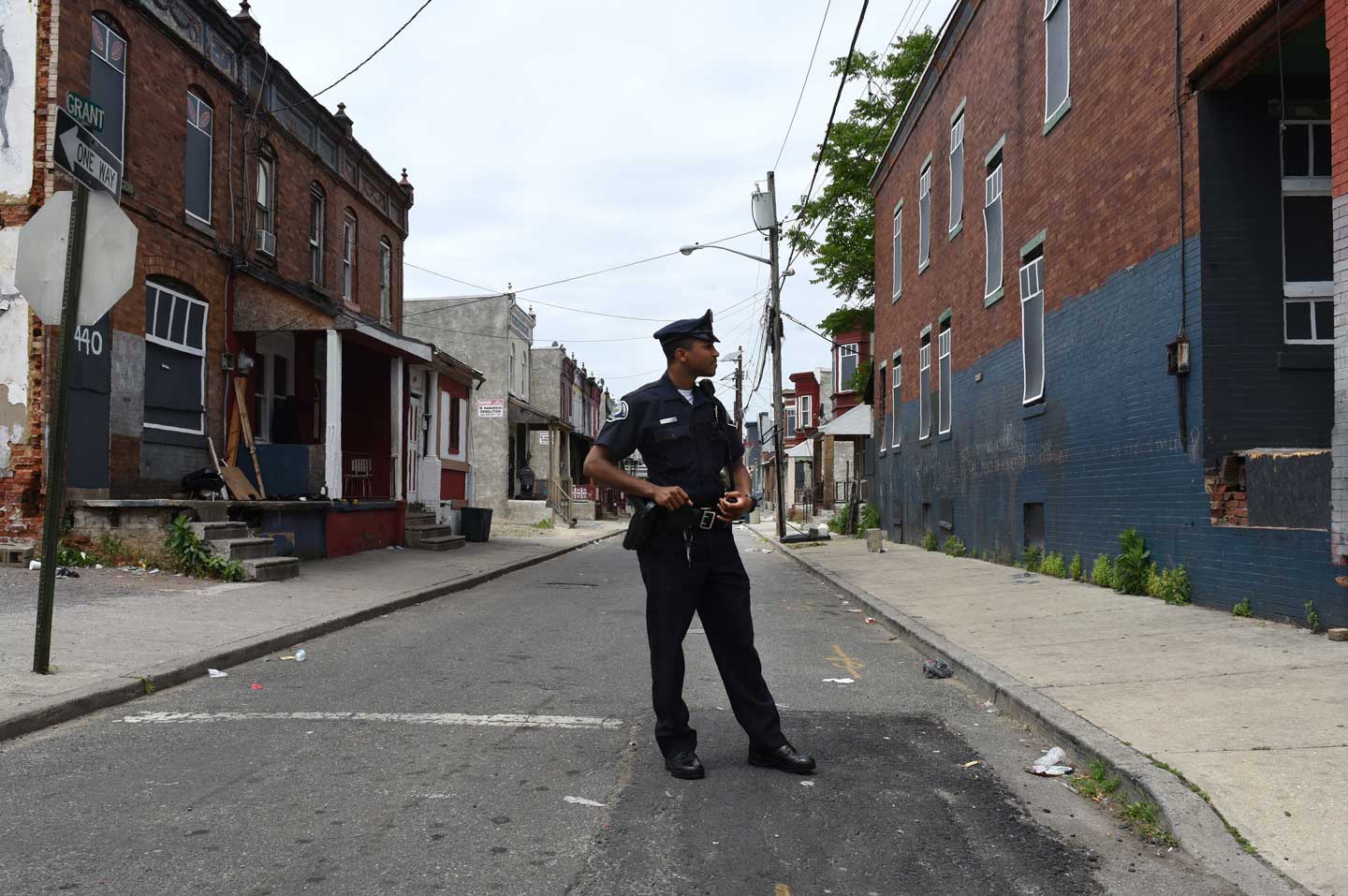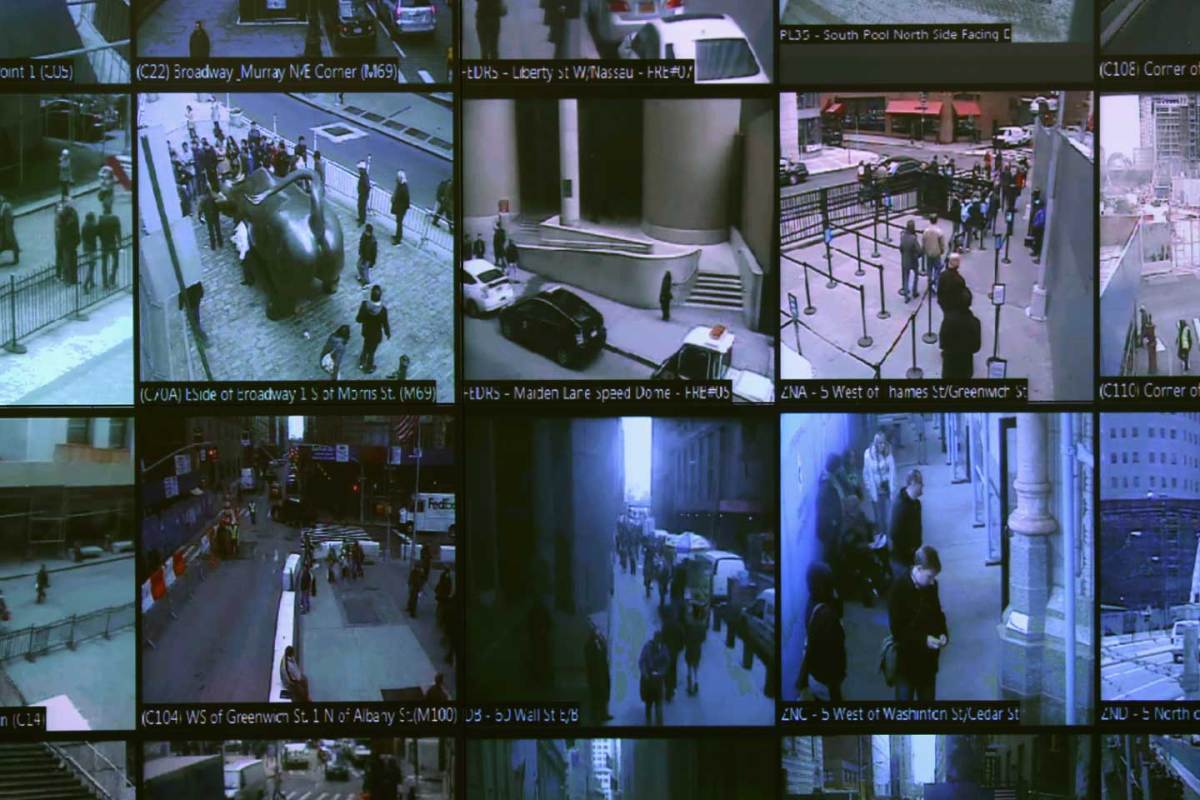Crime prediction is here. But, does make for better police officers?
Most major police departments use crime-predicting software to determine where to place officers and, in some cases, who might be a suspect.
Using historical crime statistics, artificial intelligence can help police departments better distribute its officers to areas that are more likely to experience criminal activity at times when they are most likely to occur.
CivicScape, started by a seven-year veteran of the Chicago Police Department, is used by nine of the nation’s 35 most populous cities, according to Bloomberg. The company made headlines in March when it made its code available for anyone to review for any possible biases.

However, the data-driven technology is not without its critics.
Civil-liberties advocates argue the software relies on statistics from decades of biased policing in minority neighborhoods, reflecting socioeconomic disparity often found in cities. Some groups say crime prediction violates the U.S. Constitution. Meanwhile, many cops dismiss the software as pseudoscience sold to desperate department heads that might be too eager to rely on technology to give them an edge over criminals.
This article appeared in an InsideHook newsletter. Sign up for free to get more on travel, wellness, style, drinking, and culture.

























